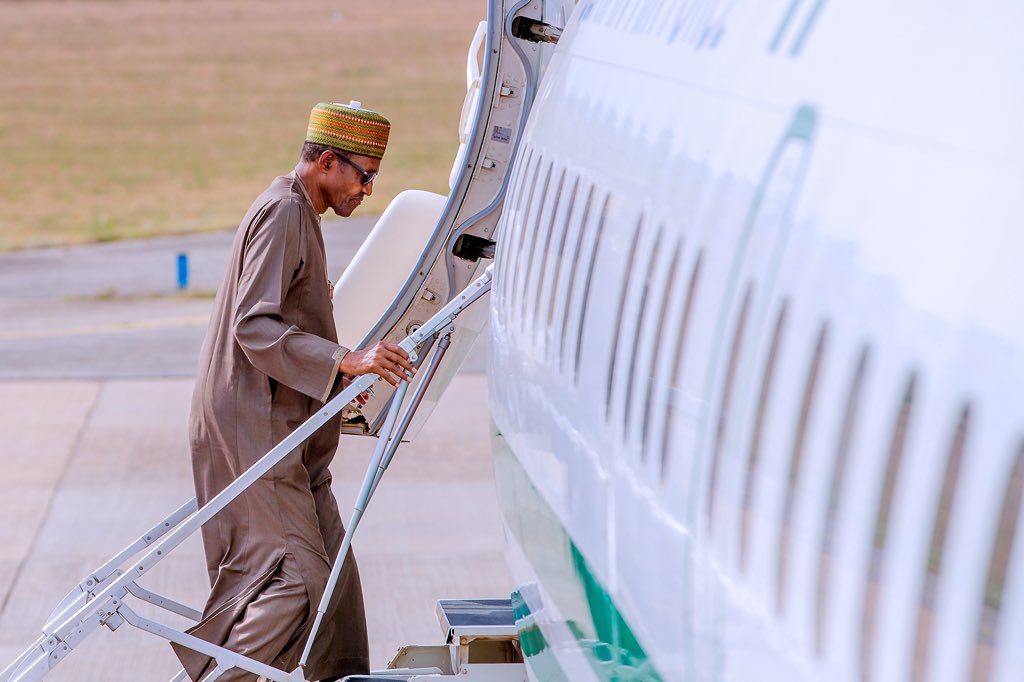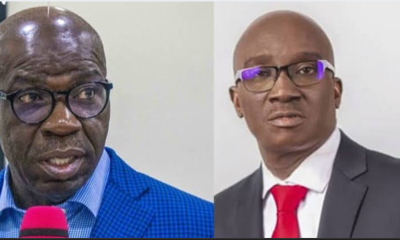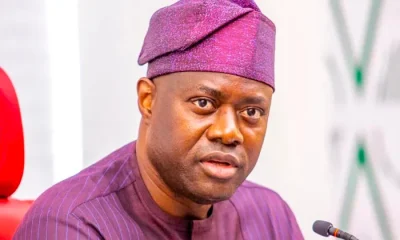Politics
Uncertainty Over Electoral Bill As Buhari Leaves For Turkey

There is growing uncertainty in the political terrain as the 30 days’ timeline for President Muhammadu Buhari to assent the Electoral Act Bill elapses on Sunday. The uncertainty over the Electoral Act comes as President Buhari is billed to travel out of the country on Thursday.
The president is leading a team of ministers and security aides to Turkey for the Turkish-Africa summit.
The National Assembly had on November 19, this year, transmitted the bill to President Buhari for assent. Section 58 (4) of the 1999 Constitution says, “Where a bill is presented to the President for assent, he shall within 30 days thereof signify that he assents or that he withholds assent.”
The 30 days’ timeline elapses on Sunday, December 19, 2021.
If President Buhari refused to sign the bill on the expiration of the stipulated days and the National Assembly is not in support of the president’s reservations, the Senate and the House of Representatives can recall the bill and pass it.
There has been a cold war between federal lawmakers and governors over the inclusion of direct primaries in the bill, with the latter mounting pressure on the president not to sign it.
While governors, including those who are members of the All Progressives Congress (APC), have waged war against the signing of the bill, the parliamentarians including the Senate President, Ahmad Lawan and Speaker of the House of Representatives, Femi Gbajabiamila, want the bill to be assented to strengthen the country’s democracy.
Top civil society groups in the country have also appealed to the president to sign the bill. President Buhari had sought the advice of relevant government agencies on the bill.
Daily Trust had exclusively reported last week that the Independent National Electoral Commission (INEC) had replied to the president’s letter on the Electoral Act amendment bill.
It was reliably gathered that the commission, in its reply, enjoined the president to toe the line of constitutionality especially as the views of the federal lawmakers seemed to have represented the opinions of the majority of Nigerians.
The commission also highlighted landmark proposals in the bill that would improve the quality of elections and deepen democracy in the country.
However, it was gathered last night that President Buhari was under intense pressure to reject the Electoral Bill putting uncertainty about the future of electoral reforms.
Why Buhari is yet to act
A top presidency source said though the president has been a promoter of direct primaries, he was in a tight corner because of the reservations expressed by governors.
“Contending forces are pushing their cases before him but we have no indication of what will happen. He has always been a promoter of direct primaries. He understands what is going on and he wants the system to be democratised,” the source said.
The two presidential advisers on National Assembly, Senator Babajide Omoworare (Senate) and Ibrahim El-Yakub (House) have said the president will not act on the bill secretly.
Daily Trust reports that the timely passage of the bill by the parliament was to enable the electoral body to implement it before the 2023 general elections.
Ahead of the 2019 elections, President Buhari had rejected the Electoral Act Amendment Bill 2018, saying the bill was passed at a time the country was gearing for elections.
Send Us A Press Statement Advertise With Us Contact Us
And For More Nigerian News Visit GWG.NG














